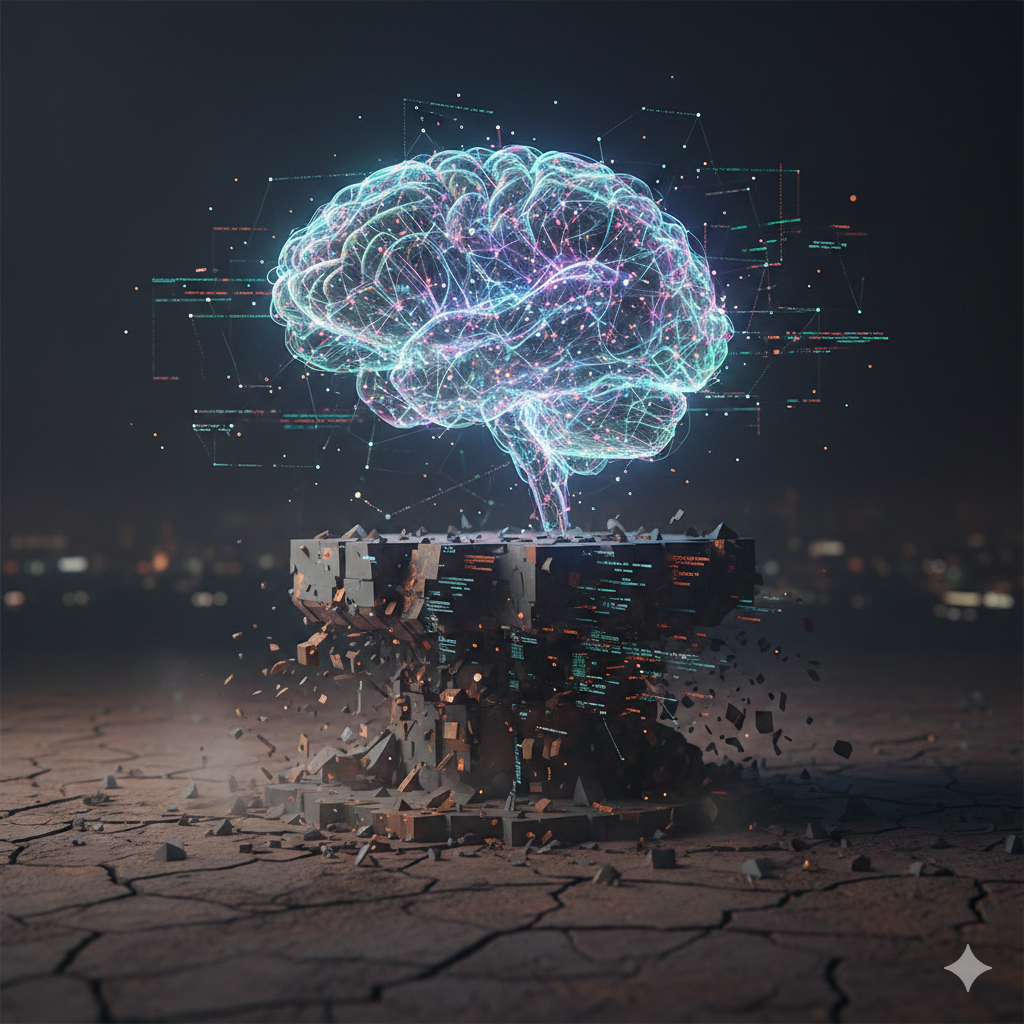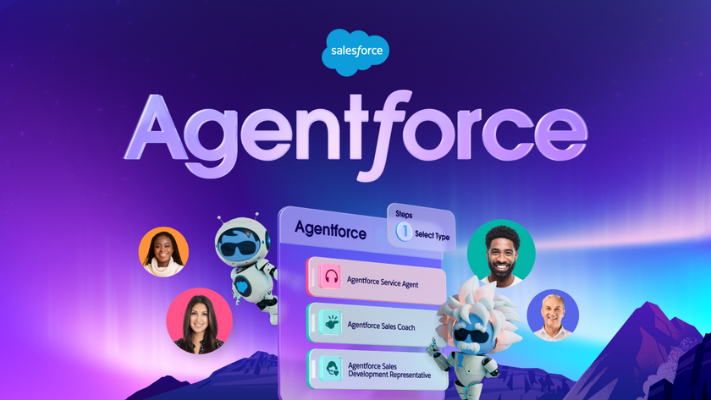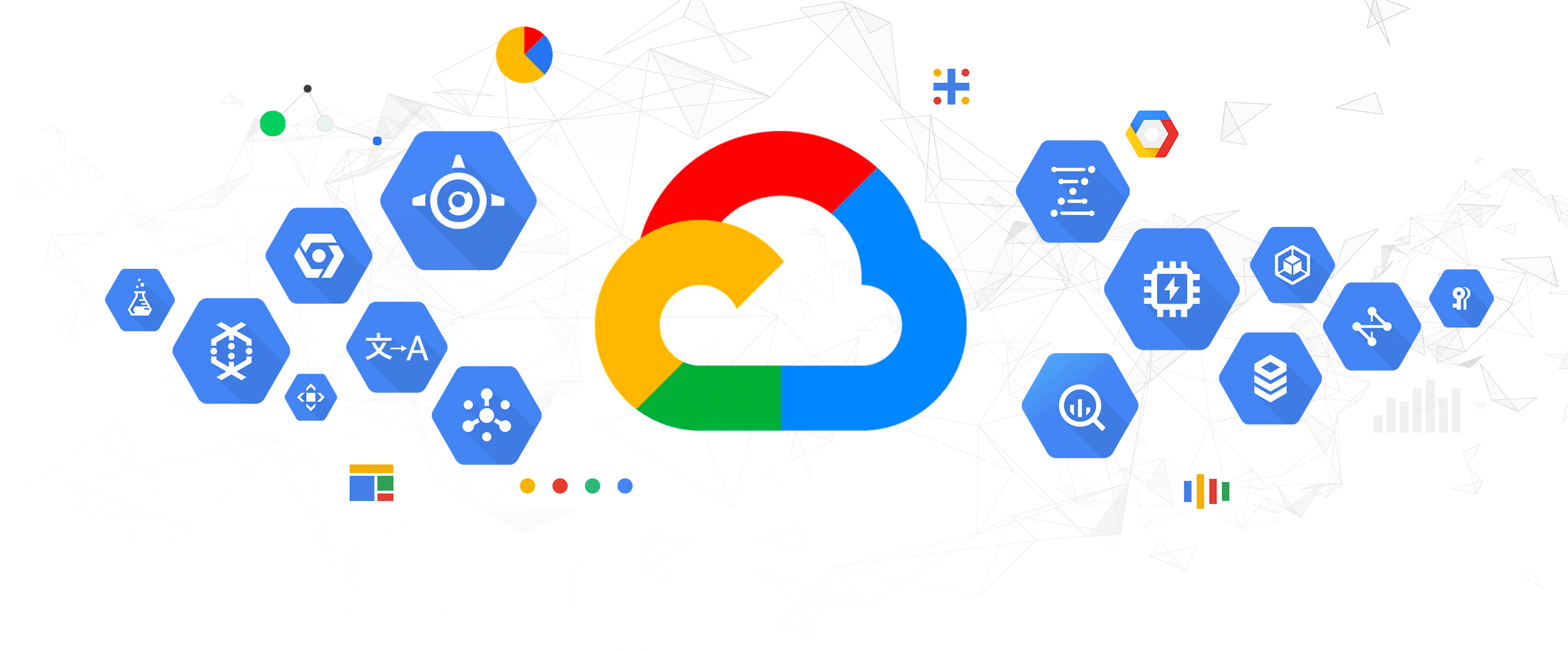In recent years, the rise of generative AI models like ChatGPT has sparked both awe and apprehension. These advanced AI systems can now perform a range of technical tasks, including writing and coding, to a degree. This level of capability has led to concerns about the potential replacement of jobs by machines. However, a new study by IBM suggests that rather than fearing this technology, individuals and businesses can harness its potential for their benefit.
The IBM report (found here) delves into the impact of AI on business models and job roles, highlighting the transformative potential of this technology. By analysing data from extensive surveys of C-level executives and workers across the globe, the report paints a picture of how AI is reshaping the future of work.
Shaping business models with AI
One of the study's key findings is that AI is driving changes in business models. Companies leverage AI to enhance operations, optimise processes, and gain a competitive advantage. This adaptation isn’t solely about cost reduction; it’s about reimagining how work is done and exploring new avenues for growth. As AI becomes integrated into various facets of business operations, organisations are discovering innovative ways to utilise this technology. Hannah Frank, our resident Business Process Architect, says, “Embracing AI doesn’t mean adhering to the status quo; it means exploring uncharted territories of possibility, where technology amplifies our capacity to innovate and reshape the fabric of business models”.
Job roles in the age of AI
Contrary to the fear that AI will lead to job displacement, the report indicates a more nuanced reality. The executives surveyed acknowledged that AI will necessitate reskilling in the workforce. Due to AI implementation, approximately 40% of employees may need to reskill in the next three years. While this number might seem daunting, it presents an opportunity for individuals to adapt and acquire new skills that align with the evolving landscape.
Interestingly, a reassuring finding from the study is that 87% of those surveyed believe that generative AI will augment existing jobs rather than replace them. This highlights the potential for AI to work alongside humans, enhancing their capabilities and efficiency. “At the heart of AI’s evolution lies a transformative opportunity. The collaboration between AI and our workforce empowers us to usher in a future where innovation thrives and human potential knows no bounds”, Caryn Schalit, CPO at CloudSmiths, says in response.
The upside of reskilling and AI Adoption
IBM’s research demonstrates that those who embrace reskilling and adapt to technology-driven job changes tend to experience significant benefits. Organisations focusing on reskilling their workforce report a revenue growth rate premium of 15%, showcasing the positive impact of investing in employee development. Moreover, companies prioritising AI adoption see a remarkable 36% higher revenue growth rate than their peers.
Empowering the AI-enabled workforce
The report encapsulates a sentiment that underscores the essence of the AI revolution: “AI won’t replace people–but people who use AI will replace those who don’t”. This statement encapsulates the proactive approach that individuals and organisations should adopt. Talking to Tom Fowler, CTO at Cloudsmiths, about the impact of generative AI on the landscape, he told us, “Rather than staying away from AI, it’s essential to embrace it as a tool that can amplify human capabilities”.
One of the most intriguing shifts highlighted in the report is the changing skills landscape. While technical skills were once considered paramount, the rise of AI has shifted the emphasis. In today’s environment, people skills such as effective team management, communication, and adaptability have taken centre stage. AI technologies like ChatGPT empower workers to achieve more with less specialised knowledge, allowing them to focus on the uniquely human aspects of their roles. Speaking to this, Fowler adds, “AI tools like ChatGPT aren't replacing technical skills; they're liberating us to harness our human ingenuity and creativity, driving us towards a future where collaboration between humans and AI is the key to success”.
A collaborative future
Generative AI models like ChatGPT are not harbingers of job loss but rather catalysts for transformation and growth. The IBM study dispels the notion of AI as a job-stealing force and emphasises its potential to elevate businesses and individuals. As the workforce evolves, reskilling and embracing AI will play pivotal roles in shaping success. “By recognising the symbiotic relationship between humans and AI, we can forge a path toward a collaborative future where technology is a tool for empowerment rather than a cause for concern”, concludes Fowler.










